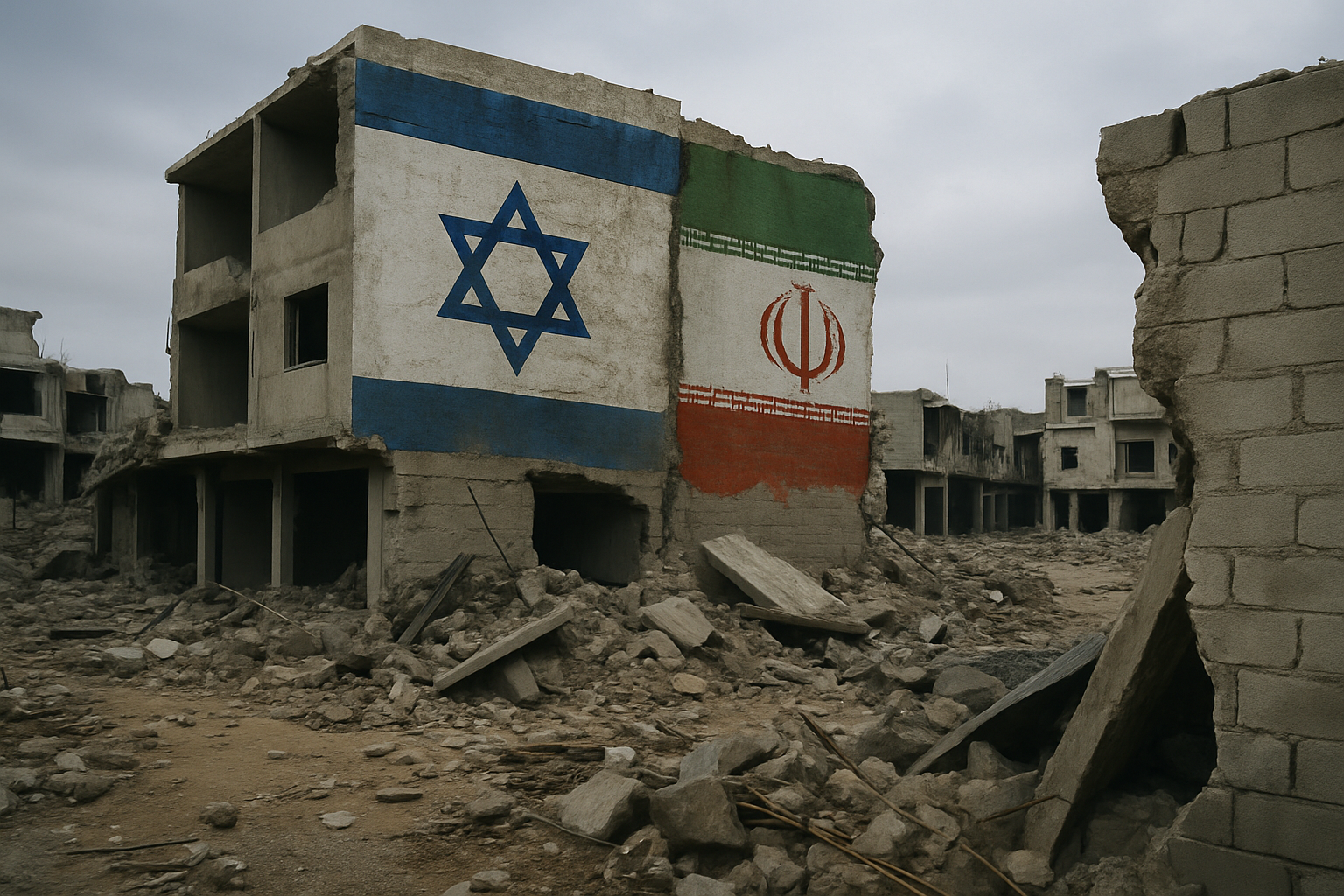Introduction
The Middle East has long been a region of geopolitical tension, but recent developments have reignited global attention. A fragile ceasefire has taken hold between Israel and Iran, while intelligence reports reveal that the U.S.-led airstrikes on Iranian nuclear facilities have only caused limited damage. What does this mean for global peace and stability?
The Ceasefire — A Moment of Calm?
After weeks of escalating conflict, both Israel and Iran agreed to a ceasefire, mediated with U.S. involvement. While welcomed internationally, the ceasefire is being called “fragile” as both nations remain on high alert.
📌 Key Points:
- Ceasefire brokered under U.S. pressure.
- Trump warned Israel against further bombings.
- No permanent resolution has been reached.
Nuclear Program Still Active
Despite claims of success, a leaked U.S. intelligence report states that the strikes on Iran’s nuclear sites only delayed the program by a few months.
📌 Key Takeaways:
- Iran’s underground nuclear facilities are still operational.
- The strikes failed to “obliterate” nuclear capability as Trump claimed.
- Global leaders are concerned about what comes next.
Ripple Effect on Global Markets
The rising tension and temporary ceasefire have already impacted the global oil market. Crude oil prices surged past $75/barrel, with investors fearing further instability.
📌 What’s Affected:
- Global shipping through the Strait of Hormuz.
- Fuel prices and inflation.
- Stock market volatility.
International Response
Countries around the world, especially NATO members, are divided on how to respond. While some push for increased defense budgets, others like Spain reject further escalation.
📌 Noteworthy Reactions:
- NATO summit calls for 5% defense spending.
- EU urges diplomatic solutions.
- UN calls for independent inspections of Iranian facilities.
What It Means for Us
This situation is not just about the Middle East. It’s a reminder of how global peace is fragile, and how regional conflicts can have worldwide consequences — from energy prices to national security.
💡 Reflection:
- Stay informed, not influenced.
- Push for peace, not propaganda.
- Understand the ripple effect of every global event.
🔚 Conclusion
The Middle East may be seeing a brief pause in violence, but the road ahead remains uncertain. Whether this ceasefire holds or collapses will shape the future of global diplomacy, energy markets, and international relations for years to come.







Leave a Reply